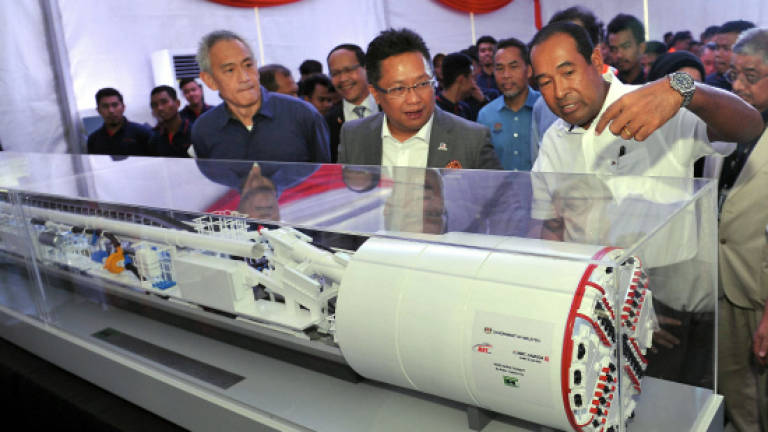Govt may enforce use of Industrialised Building System (Updated)

SHAH ALAM: The government is mulling the enactment of a new law to make it a mandatory requirement for the construction industry to apply the Industrialised Building System (IBS) in building construction.
Minister in the Prime Minister's Department Datuk Seri Abdul Rahman Dahlan said the new law might materialise in the next three years after the government conducts engagement with industry players and other related agencies and ministries.
He said switching to IBS would solve several recurring problems in the construction industry, especially on the major reliance of contractors on foreign workers.
"It is about time for us to find a way. I am very concerned with the foreign workers in the country as they are sucking up all of our subsidies as well as other social problems that they bring.
"It is time for us to put our foot down and say that in three years (for mandatory IBS) ... we must have a definite time in future to switch to IBS," he told a press conference after opening the graduation ceremony of the Tunnelling Training Academy at Kota Kemuning.
IBS is a technique of construction where components are manufactured in a controlled environment off site, which later are placed and assembled into construction works.
Abdul Rahman said adapting to IBS would ensure the construction industry becomes more efficient and organised, with the reduction in noise pollution and waste in a construction area.
He added making a mandatory ruling would also ensure the industry shifts to the IBS method as fast as possible within the planned three years, adding that IBS is the better option compared to the current conventional way.
"Our construction method in this country has been like this for god knows how long. We need to move on to a better way," he said.
Abdul Rahman lamented that there were many ideas received by the government to reduce the number of foreign workers in Malaysia, but none produced a positive end results.
"Therefore, we have to tackle the source (of the problem), which are the construction sites. If we can reduce (foreign workers) in the sites, it will solve other problems," he said.
He also noted foreign workers had contributed to a massive outflow of the ringgit, with an estimated RM30 billion sent to their home countries annually, affecting Malaysia's economy.